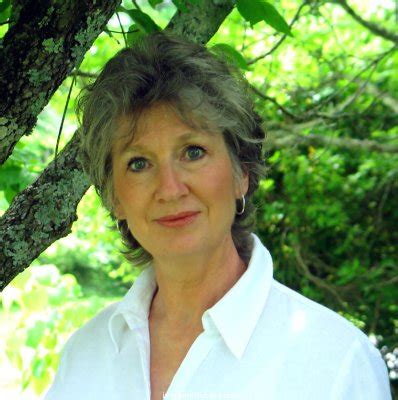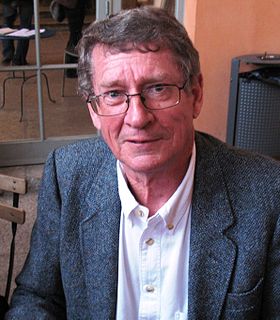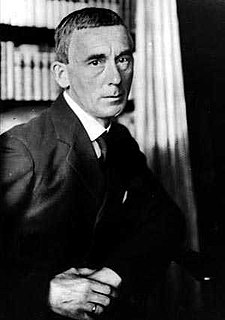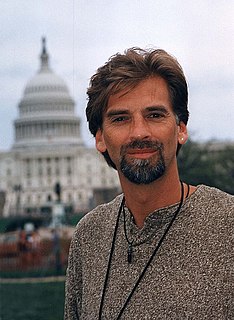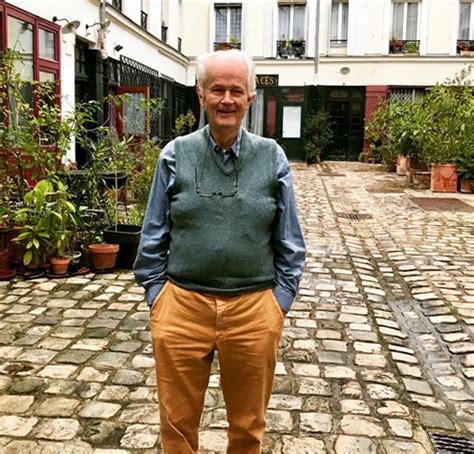A Quote by Kathleen Grissom
What advice do you have for writers working on their first novels?If you feel called to write a book, consider it a gift. Look around you. What assistance is the universe offering you as support? I was given an amazing mentor, a poet, Eleanor Drewry Dolan, who taught me the importance of every word. To my utter amazement, there were times she found it necessary to consult three dictionaries to evaluate one word.
Related Quotes
I know now that I began writing in a country where the word 'woman' and the word 'poet' were almost magnetically opposed. One word was used to invoke collective nurture, the other to sketch out self-reflective individualism. Both states were necessary - that much the culture conceded - but they were oil and water and could not be mixed.
Each thing has its word, but the word has become a thing by itself. Why shouldn't I find it? Why can't a tree be called Pluplusch, and Pluplubasch when it has been raining? The word, the word, the word outside your domain, your stuffiness, this laughable impotence, your stupendous smugness, outside all the parrotry of your self-evident limitedness. The word, gentlemen, is a public concern of the first importance.
How can we give to the Lord? What shall we give to him? Every kind word to our own, every help given them, is as a gift to God, whose chief concern is the welfare of his children. Every gentle deed to our neighbor, every kindness to the poor and suffering, is a gift to the Lord, before whom all mankind are equal. Every conformity to the Lord's plan of salvation-and this is of first importance-is a direct gift to God, for thereby we fit ourselves more nearly for our divinely planned destiny.
I had left the music industry at the end of 2001, after 10 years, and had spent three years writing every single day - producing two unpublished novels, one abandoned novel, and three unproduced screenplays. The word 'no' and I were on more than nodding terms. The word 'no' and I were talking about going on holiday together.
Like most writers, I look back on all of my finished works with utter regret, and the trouble with writing a series of novels is that you have to go back and read them, and make sure that you haven't forgotten anything you've created, and then when you do that, you're faced with your own mistakes on every trick, from the wrong word in places to entirely the wrong incident.
Probably the best way to describe my writing style is to refer you to "purple prose", which was a tag given to the early mass market magazine writers earning a half cent a word for their fiction. They had to use every adjective, verb and adverb in the English language to add word count to stories in order to feed and support families.
We can mention only one point (which experience confirms), namely, that next to the Word of God, music deserves the highest praise. No greater commendation than this can be found — at least not by us. After all, the gift of language combined with the gift of song was only given to man to let him know that he should praise God with both word and music, namely, by proclaiming [the Word of God] through music.
Eleanor Roosevelt fights for an anti-lynch law with the NAACP, with Walter White and Mary McLeod Bethune. And she begs FDR to say one word, say one word to prevent a filibuster or to end a filibuster. From '34 to '35 to '36 to '37 to '38, it comes up again and again, and FDR doesn't say one word. And the correspondence between them that we have, I mean, she says, "I cannot believe you're not going to say one word." And she writes to Walter White, "I've asked FDR to say one word. Perhaps he will." But he doesn't. And these become very bitter disagreements.
The only writers who have any peace are the ones who don't write. And there are some like that. They wallow in a sea of possibilities. To express a thought, you first have to limit it, and that means kill it. Every word I speak robs me of a thousand others, and every line I write means giving up another.
The two teachers that I had in the Art Institute who affected me the most were Kathleen Blackshear and Robert von Neumann; Kathleen Blackshear because she taught a class called design - I can't remember, design something, and in this class - it met once a week - we would do work centered around some theme, word or subject or technique or whatever, and bring it in for a three-hour discussion. And Kathleen was able, in watching and looking at our work, to direct us to all kinds of things which might relate to what we were trying to do, but she never attempted to tell us what to do.
